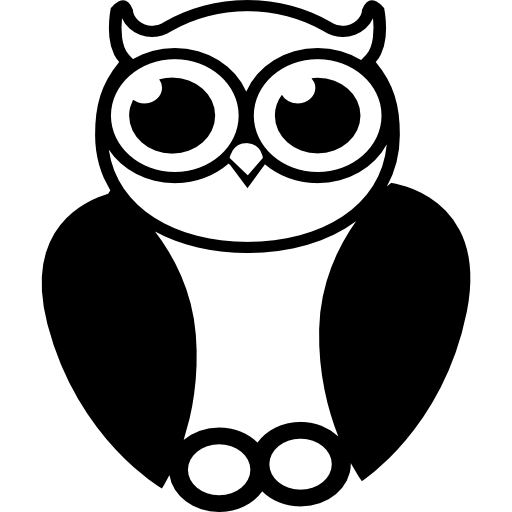Usage of "Has" and "Have" in Present Perfect Tense
"Has + had" and "Have + had" sono combinazioni di auxiliary (or helping) verbs that are used with a main verb to indicate an action that started in the past and continues in the present. In questo caso, il verbo "have" è utilizzato nella sua forma passata participle "had".
Differences Between "Have Been" and "Has Been"
Both "have been" and "have been" are used in the perfect present tense. "Have been" is used in the third-person singular, while "have been" is used in both the first- and second-person singular, as well as in all plural forms.
Usage of "Had Been" and "Have Been"
"Had been" means that something has happened before and has already ended. "Have been" and "has been" are synonyms for something that started in the past and ended in the present.
Use of "Has Been Done" in Passive Voice
"Has been done" is a perfect passive present tense that should be used for an action that happened in the past at an unspecified time. Quando è indicato il tempo, non usare questa tensione. Invece, utilizza il semplice passato passivo "was done".
Correct Usage of "Has" and "Have" with Nouns
È chiaro per te che l’unico argomento in cui puoi utilizzare il termine "ha" è il third person singular (he ha, she ha, it ha). In altre situazioni, dovresti utilizzare "avere". "Al and Sue" è un soggetto nel terzo personaggio plurale, come "loro", quindi usa "avere".
Differences Between "Was" and "Were"
In genere, il termine "was" viene utilizzato per oggetti singolari, mentre il termine "were" viene utilizzato per oggetti plurali. Pertanto, utilizzerai "era" con me, lui, lei e questo, mentre utilizzerai "era" con te, noi e loro.
Synonyms for "Has"
Another word for has? Possiede, possiede bears, mantiene, controlla, gode, possiede bears, mantiene altre tre righe con la nazione? Una nazione ha la forma corretta. This is due to the fact that country is a singular noun and requires the singular form of the verb "have".
